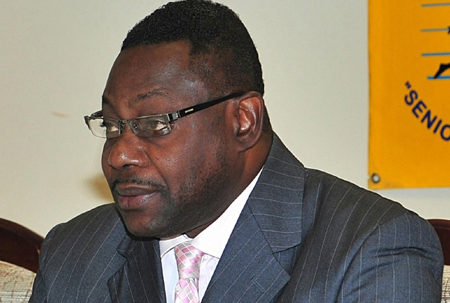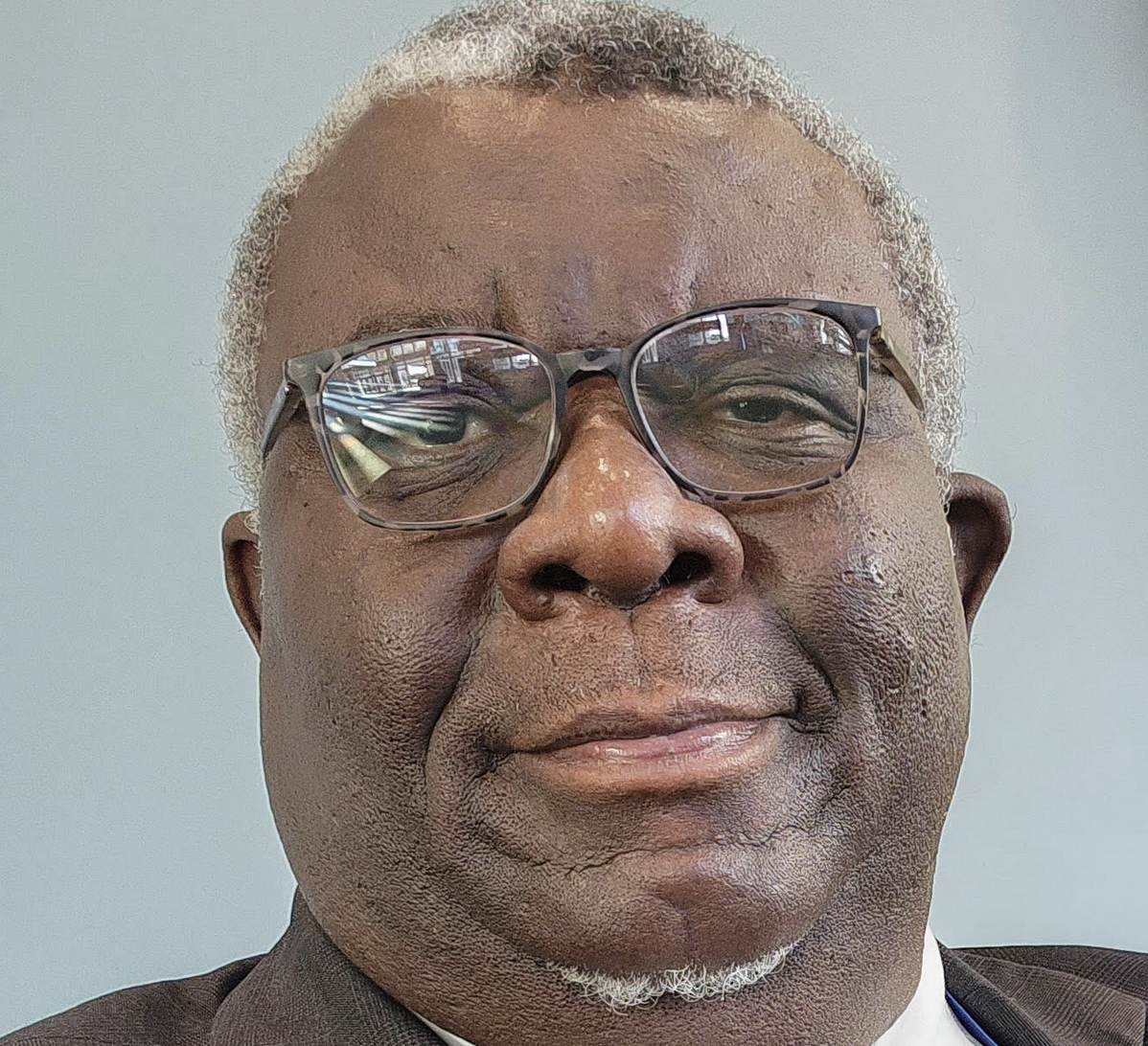A recent Caribbean Food Security and Livelihoods Survey sponsored by CARICOM has exposed more than ever people of that the Caribbean region is under an existential threat. The “data collected over six survey rounds highlight the impact of the COVID-19 pandemic, the cost of living crisis and the effect of natural hazards on food security and livelihoods in the region“.
A drill down to Barbados data confirms what citizens have been experiencing particularly as it pertains to the rising cost of living, availability of food and loss of income in particular.

It seems that leaders in the region – like a deer in headlights – have been shown to be powerless to implement counter policy measures to stave off exogenous threats. There is no need to be prolix, the existential threat is real.
See the full survey (use filters, top left to view the information of your preference).





The blogmaster invites you to join the discussion.